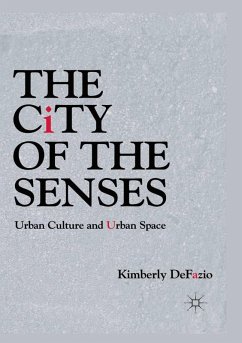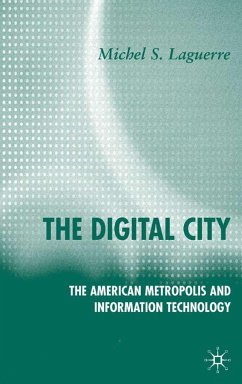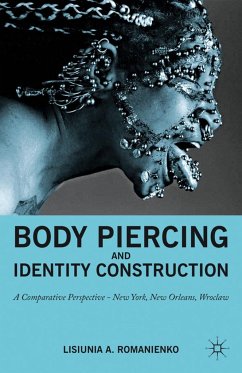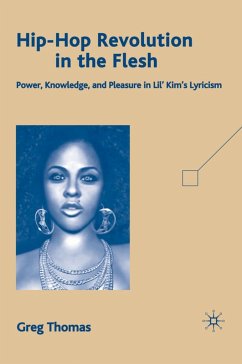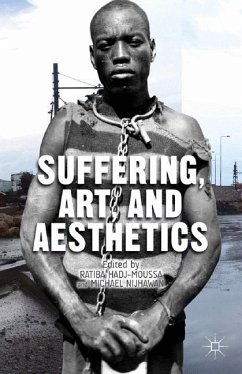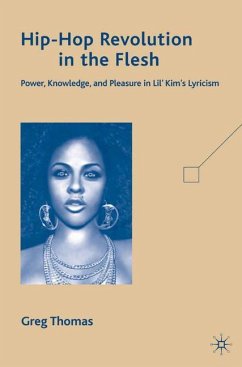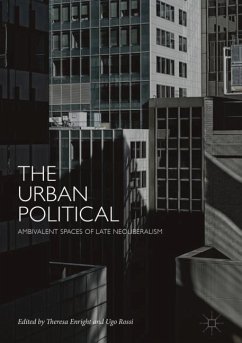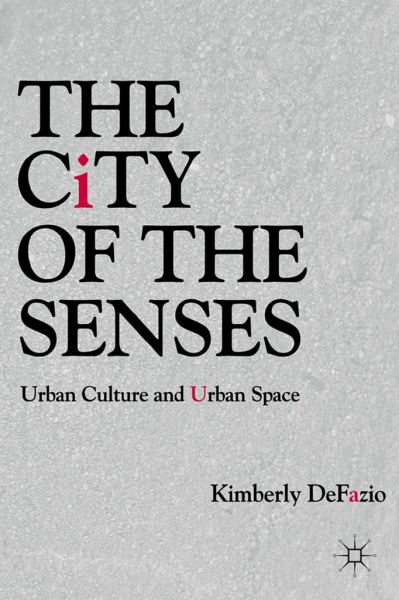
The City of the Senses
Urban Culture and Urban Space
Versandkostenfrei!
Versandfertig in 6-10 Tagen
38,99 €
inkl. MwSt.
Weitere Ausgaben:

PAYBACK Punkte
19 °P sammeln!
Offers an innovative, interdisciplinary approach which opens up new ways of understanding urban culture and space. The author approaches the city as essentially a 'material' place where people live, work, and participate in social practices within historical limits set not by sensory experience or cultural meanings but material social conditions.





